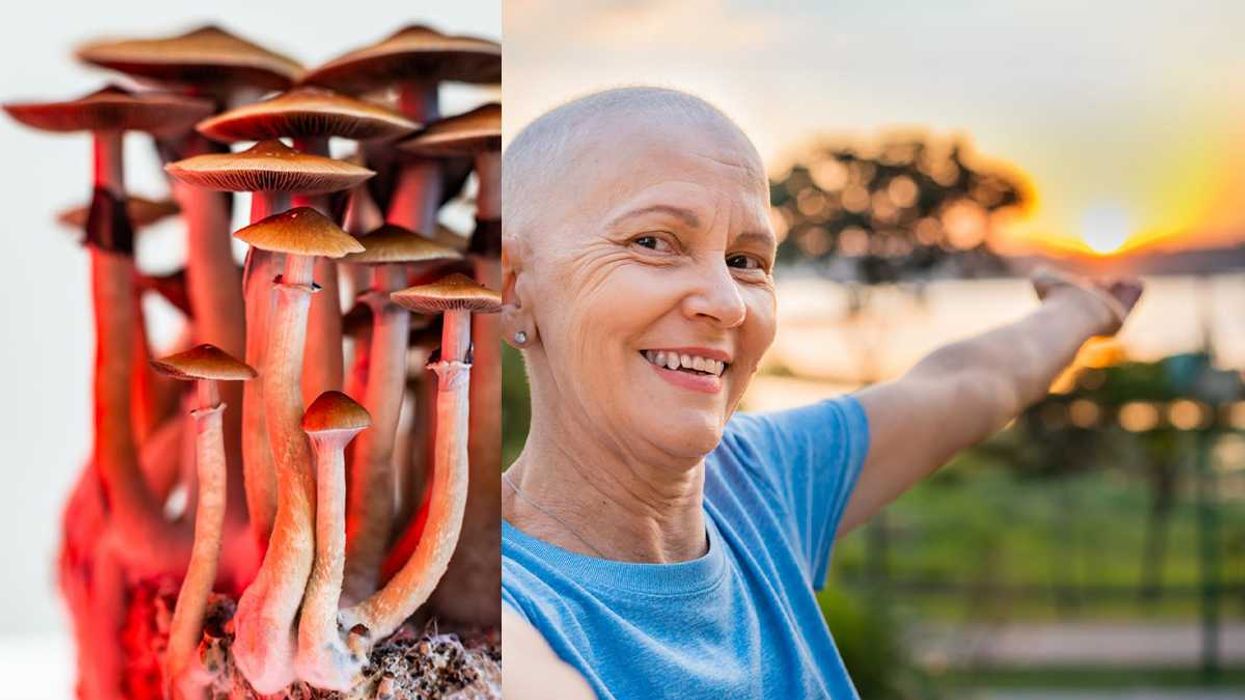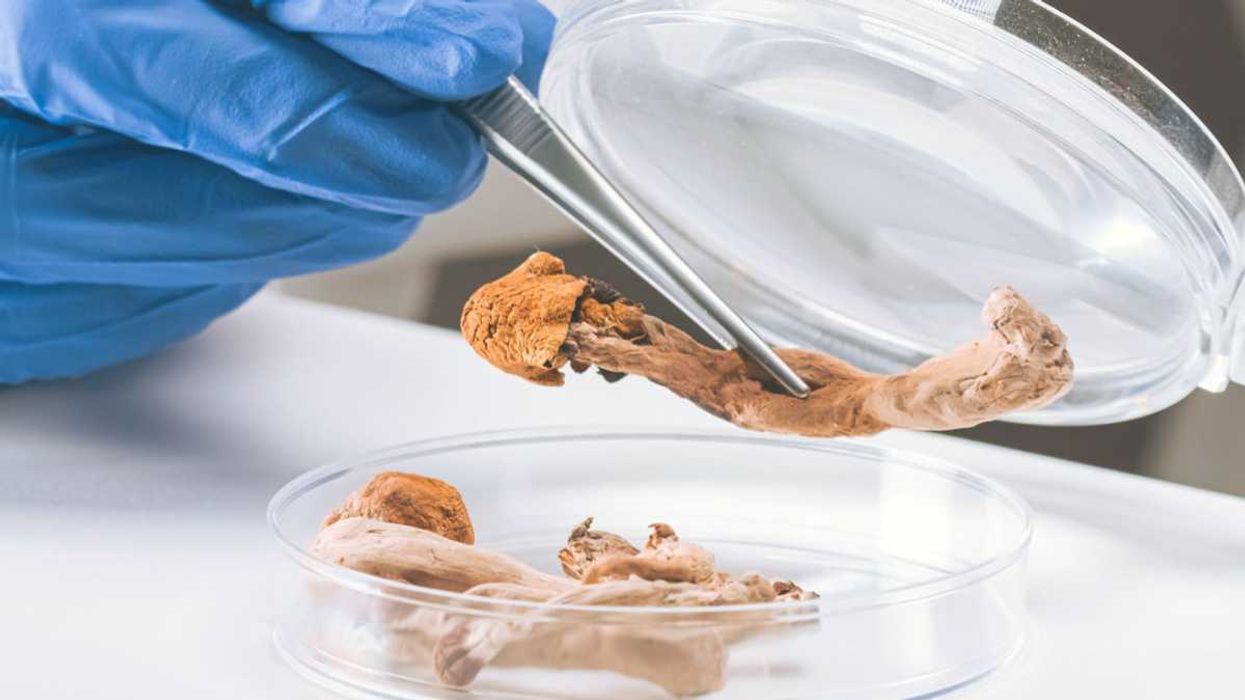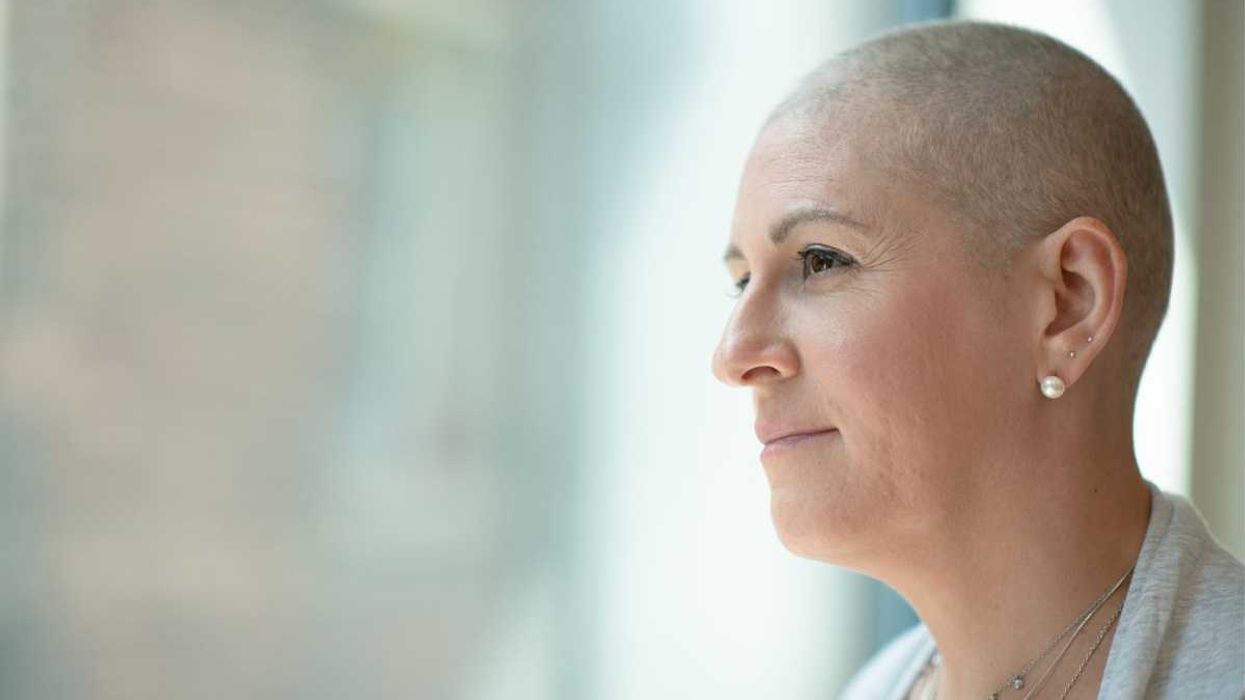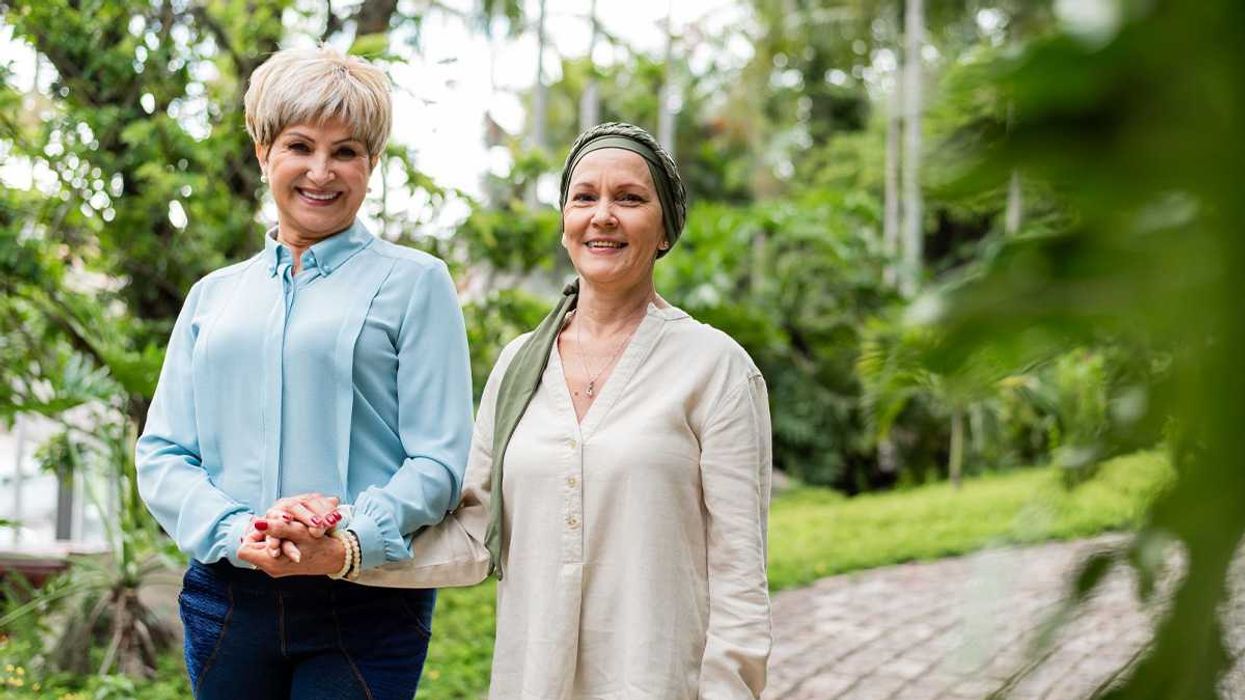Typical treatments for depression and anxiety include prescription medications and talk therapy, but new research has revealed an unexpected treatment: A strong dose of microorganisms. The human-bacteria relationship is a deeply symbiotic one, says Ted Dinan, a leading expert in the interface between biology and psychiatry and a professor of psychiatry at the University of Cork, Ireland.
Dinan says that the approximately 1.5 kilograms of bacteria in the average human gut are “absolutely essential and produce products our brains and other organs need.” In large part, that’s because bacteria contain necessary genes that humans don’t. For example, certain strains of bifidobacteria have the “machinery to produce tryptophan,” a neurotransmitter (often erroneously associated with Thanksgiving dinner) that regulates mood, appetite, and sexual desire, among other processes in the human body.
[quote position="right" is_quote="true"]Wherever there is mental distress, there is digestive distress.[/quote]
Dinan and a colleague recently co-authored one study in the Journal of Psychiatric Research that revealed a startling discovery in the gut microbiota of depressed patients. “We took fecal material from depressed patients and sequenced it and found it is much less diverse and less rich in the depressed patients,” he says. With a theory about the relationship between bacteria and mood, they then took rats, knocked out their microbiota with antibiotics, and gave these rats the microbiota of a depressed patient via fecal transplant.
“When the rats got the microbiota of a depressed patient, they became depressed and their physiology changed and developed a pro-inflammatory phenotype,” Dinan explains. There was no change in the rats when given the microbiota of nondepressed people.
“Wherever there is mental distress, there is digestive distress,” Dr. Leslie Korn, an integrative medicine and mental health expert, trained at the Harvard School of Public Health, says. “The brain is not always the cause of mental illness.” More specifically, she says, research now shows, “that low levels of inflammatory process in the body underlie depression, anxiety” and other mental and cognitive disorders. And healthy bacteria “regulate inflammatory process in the body.”
While more research is still being done to identify precisely which strains of bacteria are most effective, lactobacillus (found in yogurt and fermented foods) and bifidobacteria have both been shown to benefit mental health. “One of the central roles of probiotics is to regulate stress and anxiety in the body,” Korn says. This is one of the reasons overuse of antibiotics can be so dangerous; when you wipe out your gut flora, you damage your mental health, too.
Jasmine Powers, a freelance marketing director from California who has struggled with depression for much of her 36 years, says probiotics have vastly improved her life. With clinical depression so extreme that it has left her unable to get out of bed more than once, she was placed on the antidepressants Zoloft and Prozac—but they gave her “terrible side effects.” So she followed a totally different course after reading about the gut-brain connection and added probiotics to her diet. Ultimately, she says, “I felt like I could manage life.” Powers has since incorporated talk therapy and better overall eating habits into her routine.
[quote position="left" is_quote="true"]One of the central roles of probiotics is to regulate stress and anxiety in the body.[/quote]
Dinan and colleagues performed another study that identified bacteria that appeared to reduce anxiety in humans. “The participants reported themselves as less anxious when on the bacteria rather than placebo, and their cortisol levels dropped,” Dinan explains, which would suggest “this putative psychobiotic does have anti-anxiety activity.”
While no expert would recommend probiotics alone as a cure for any mental health disorder—and certainly not as a replacement for therapy or medications—Korn stresses, “I guarantee you will get improvement in your mental health if you improve your digestion.”
For those just getting started, Dinan recommends adding in fiber and fish oil, both considered “prebiotics” that lead to the formation of healthy bacteria in the gut, as well as naturally probiotic-rich fermented foods and yogurt. Don’t forget exercise, too, which improves peristalsis—moving digested food through your digestive tract into the lower colon, which has “more probiotic bacteria than anywhere in the body,” Korn says.
And Dinan urges us to eat a wide variety of foods. “Diversity in dietary intake is absolutely essential.”
















 Volunteers who drive homeless people to shelters talk with a person from Ukraine in Berlin on Jan. 7, 2026.
Volunteers who drive homeless people to shelters talk with a person from Ukraine in Berlin on Jan. 7, 2026.
 Tasks that stretch your brain just beyond its comfort zone, such as knitting and crocheting, can improve cognitive abilities over your lifespan – and doing them in a group setting brings an additional bonus for overall health.
Tasks that stretch your brain just beyond its comfort zone, such as knitting and crocheting, can improve cognitive abilities over your lifespan – and doing them in a group setting brings an additional bonus for overall health. Overdoing any task, whether it be weight training or sitting at the computer for too long, can overtax the muscles as well as the brain.
Overdoing any task, whether it be weight training or sitting at the computer for too long, can overtax the muscles as well as the brain.

 Amoxicillin is a commonly prescribed broad-spectrum antibiotic.
Amoxicillin is a commonly prescribed broad-spectrum antibiotic.  Chart: The Conversation, CC-BY-ND
Chart: The Conversation, CC-BY-ND
 Counterintuitively, social media can make you feel more bored and lonely.
Counterintuitively, social media can make you feel more bored and lonely. Talking about what you’ve read can add a social dimension to what can be a solitary activity.
Talking about what you’ve read can add a social dimension to what can be a solitary activity. 
 Women and people of color who experience cardiac arrest are less likely to receive CPR.
Women and people of color who experience cardiac arrest are less likely to receive CPR.

 Mushrooms containing psilocybin.Photo credit:
Mushrooms containing psilocybin.Photo credit:  Woman undergoing cancer treatments looks out the window.Photo credit:
Woman undergoing cancer treatments looks out the window.Photo credit:  Friend and patient on a walk.Photo credit:
Friend and patient on a walk.Photo credit: